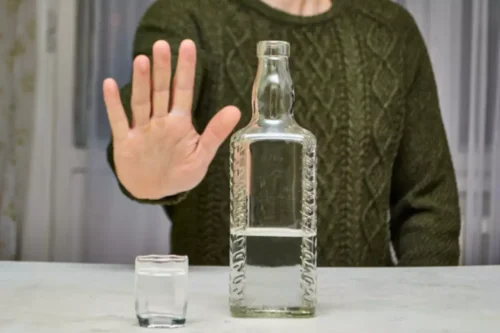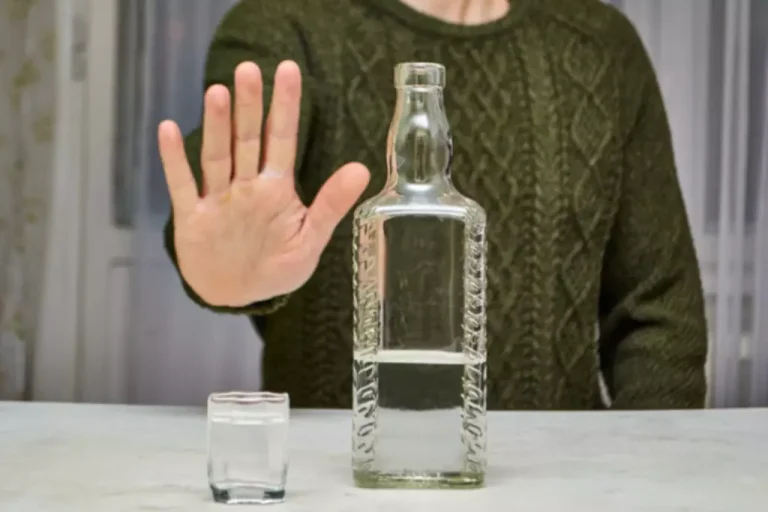
In some cases, an allergic reaction can be severe and lead to anaphylaxis. People with an intolerance to a food or beverage may experience symptoms that are uncomfortable but not life-threatening. Those who have an allergy, however, could have serious reactions if they consume something they are allergic to. One older study in people with asthma found that over 40 percent of participants said that drinking alcohol prompted allergy or allergy-like symptoms. People with mold or yeast allergies may have an allergic reaction to the brewer’s yeast used to make fermented beverages like beer, wine, and hard cider. If they don’t, you may experience a so-called “red wine headache” and other symptoms.

More on Allergies

Finally, it examines how alcohol tolerance changes over time and offers support and guidance on alcohol use. The cause of alcohol-related sickness may develop for various medical reasons, such as an intolerance to alcohol or another ingredient present in the beverage. If you suspect you have an allergy to wine, make an appointment with a healthcare provider.
Can I continue to drink alcohol if I have alcohol intolerance?
- At the very least, you should limit alcohol as much as possible, especially if it’s making you unwell.
- Alcohol intolerance is an immediate and unpleasant reaction to consuming alcohol.
- Histamine intolerance occurs when the body’s capacity to eliminate histamine is exceeded by the rate of histamine accumulation.
- You may be allergic to one of the substances in alcohol (a chemical, grain or preservative, such as sulfite).
- Alcohol intolerance is also known as alcohol flushing syndrome, alcohol rash, or aldehyde dehydrogenase 2 deficiency.
Allergy Insider is committed to providing accurate, evidence-based information to empower allergy patients and support healthcare providers. Get comprehensive information on hundreds of whole allergens and allergen components. Track allergy symptoms and prepare for a visit with a healthcare provider. However, some people with Hodgkin lymphoma experience pain in their lymph nodes after consuming alcohol.
Is alcohol intolerance treatable?

This involves avoiding the suspected allergen to see if symptoms improve. Allergy tests such as skin prick or symptoms of an alcohol allergy blood tests may also be conducted to identify specific allergens. An alcohol allergy involves an immune system overreaction to alcohol, which can cause widespread and sometimes life threatening symptoms.
- This is further complicated by the fact that there is limited specialist expertise and inadequate awareness of the condition among the public.
- Even less common is an allergy or intolerance to corn-based liquors like bourbon.
- “Alcohol and sulphites tend to evaporate away during cooking, so the potential for intolerances is certainly reduced,” Dr Watts says.
- People should note, however, that its authors do not propose that this means that alcohol causes allergies.
Avoid Alcohol
However, only two of the 68 participants have a medically diagnosed allergy. This figure represents people whose symptoms are traceable to what the manufacturers made the product from and its production process, not the alcohol itself. Just as grapes can become wine, table fruit that becomes too ripe might contain enough alcohol to cause a reaction in someone with an alcohol allergy. Some signs of anaphylaxis include swelling, itching, tightening of the throat and mouth, a weak or rapid pulse, fainting, shock, and loss of consciousness. There is little evidence that distilled spirits made from corn, including bourbon, pose a risk to people with corn allergies or intolerance. Even so, if you have a severe corn allergy, you may want to avoid corn-based spirits, most especially bourbon.
Stop wondering, start testing
- Over a decade later, research is still being conducted into alcohol intolerance.
- The only way to treat alcohol intolerance is to avoid alcohol or, at the very least, limit alcohol consumption.
- Occasionally, a doctor may ask a person to consume alcohol in a medical setting and observe any reactions or symptoms.
- Often, it is not actually an allergy to alcohol itself but to a component of the alcohol, like grapes or hops.
If people experience symptoms after drinking alcohol, they should speak with a doctor for further advice. If someone has a true allergy to alcohol, they should avoid the substance entirely. People with alcohol intolerance could still consume alcohol, although they will likely experience side effects. An alcohol allergy is a rare toxic reaction to alcohol that can be fatal in rare cases. Often, what people consider to be an alcohol allergy is, in fact, alcohol intolerance.
